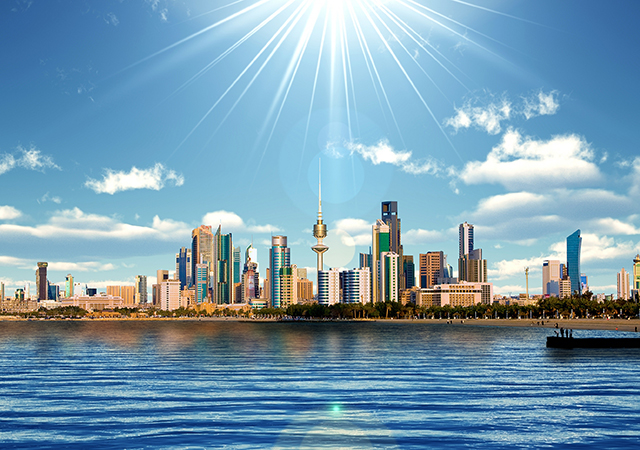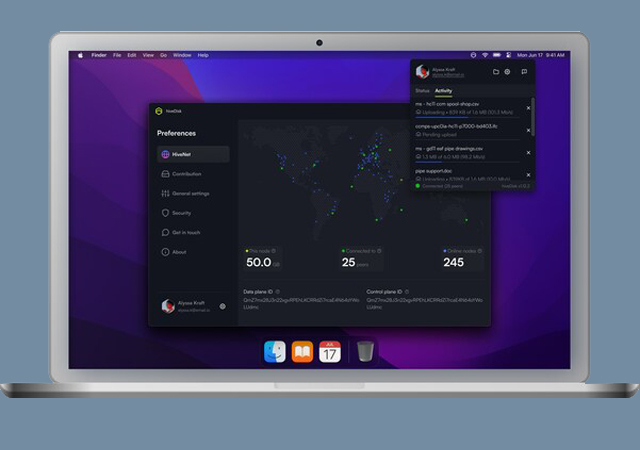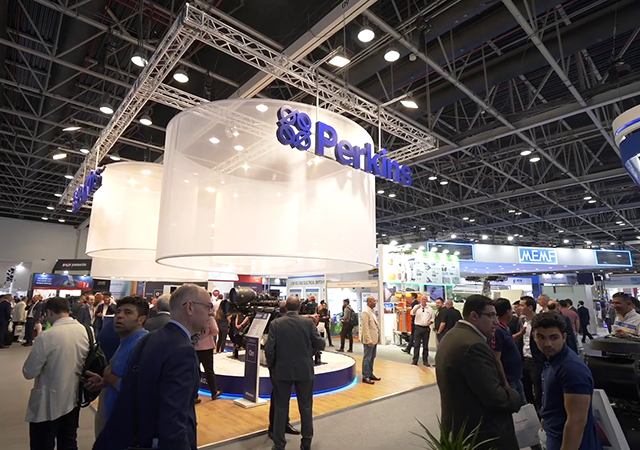
 EGA billets from the Dubal plant
EGA billets from the Dubal plant
Emirates Global Aluminium (EGA), the jointly-owned UAE-based aluminium conglomerate being formed by Mubadala Development Corporation and Investment Corporation of Dubai, may be a new player in the global aluminium industry. However, the combined legacy of its core operating subsidiaries, Dubai Aluminium (Dubal) and Emirates Aluminium (Emal), spans more than 40 years, during which time the two primary aluminium smelters have contributed substantially to the social and economic growth of the countries in the GCC and greater Middle East North Africa (Mena) regions.
This is evidenced by the UAE’s primary aluminium sales into these countries having increased from 16 per cent of annual production in 1996 to a sustained supply of up to 39 per cent of annual cast aluminium production in recent years, much of it destined for construction, transportation and other infrastructure developments.
Last year was no exception, with more than 384,000 tonnes of aluminium products manufactured by Dubal and Emal being exported to these markets (up 8.48 per cent on 2012 volumes). About 71 per cent of the 2013 sales into Mena region countries took the form of billets, which are used for construction purposes, such as window and door frames, as well as for industrial, transportation and automotive applications; with foundry alloys (used primarily in automotive industries) accounting for almost 15 per cent. The trend is set to continue – the total sales volume to Mena region countries in 2014 is forecast to top 476,000 tonnes (a 24 per cent increase over the 2013 figure), with similar proportions of billets and foundry alloys.
COMMITMENT TO THE UAE
 |
|
EGA billets from the Emal plant |
Closer to home, this growth in regional sales reflects, in part, EGA’s commitment to maximise its social and economic impact on the UAE in particular – an ambition that will be realised through a multi-pronged strategy. In the first instance, EGA will support the UAE’s industrial diversification strategy by stimulating the further development of an aluminium cluster in the UAE by spawning further opportunities or downstream aluminium industries within the country. It’s an eagerly awaited promise, as evidenced by the dedicated aluminium cluster within the Khalifa Industrial Zone Abu Dhabi (Kizad) where Emal is the anchor tenant, which has already attracted three downstream development projects. This is corroborated by market research-based predictions of a sharp increase in downstream aluminium production across the GCC, with that in the UAE increasing from approximately 400,000 tonnes in 2012 to about 650,000 tonnes in 2015. The incorporation of EGA will also stimulate growth in supply industries (machining, contracting and engineering) as well as the shipping and logistics sectors in both the UAE and the region.
A determination to create job opportunities, with a particular focus on strengthening Emiratisation levels, is a second prong in EGA’s strategy to support the social and economic development of the nation.
At inception, EGA’s employee base will be about 7,200 people, of whom 18 per cent are UAE nationals. The implementation of EGA’s local expansion plans is expected to yield a further 2,000 direct jobs by 2020, with preferential appointment of UAE nationals so as to achieve a substantial increase on the current Emiratisation level. An additional 6,000 indirect jobs are also anticipated by 2020. Together, this will lift the total employment in the UAE aluminium sector to 33,000 people by the end of this decade.
IN THE FOREFRONT
 |
|
Billets manufactured at EGA’s Dubal plant |
With the combined annual production capacity of Dubal and Emal set to reach 2.4 million tonnes per annum by mid-2014, EGA’s market position will be firmly set within the top 10 aluminium producers worldwide (and the top five in the world outside China). Given the associated revenue growth and spin-off benefits, EGA will be a major contributor to the domestic economy, estimated at $3 billion direct and $5 billion indirect GDP impact by 2020; as well as to the UAE’s gross exports (projected at $7 billion by 2020).
EGA will also own Guinea Alumina Corporation (GAC) and a stake in Cameroon Alumina Limited (CAL), both being bauxite mine and alumina refinery development projects. In addition, the company has plans for significant international expansion. Other upstream development projects are already being investigated in Africa, Asia and South America. These and other international activities implemented by EGA will not only contribute to the global brand and reputation of the UAE, but also boost the nation’s social and economic development opportunities.












